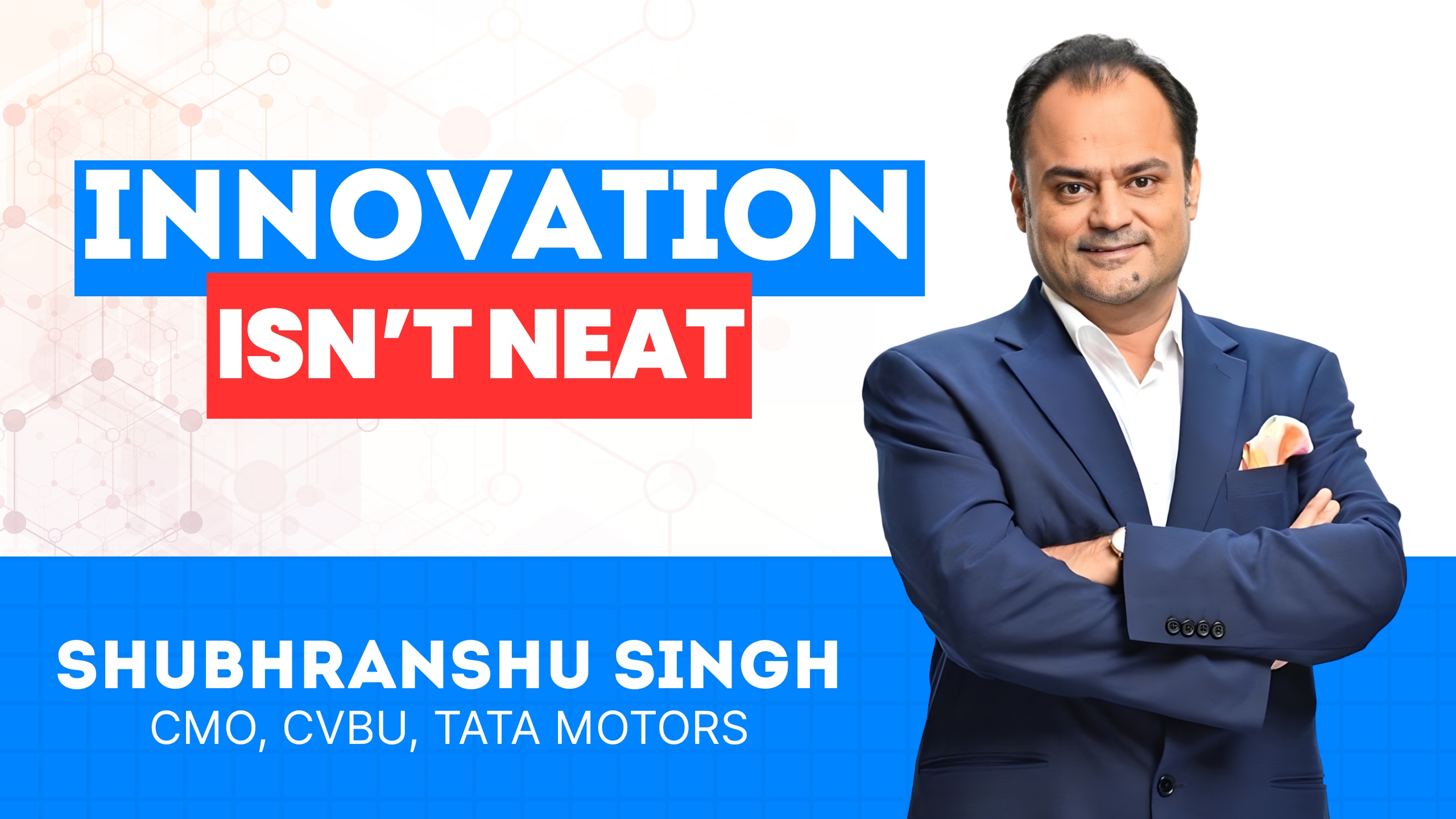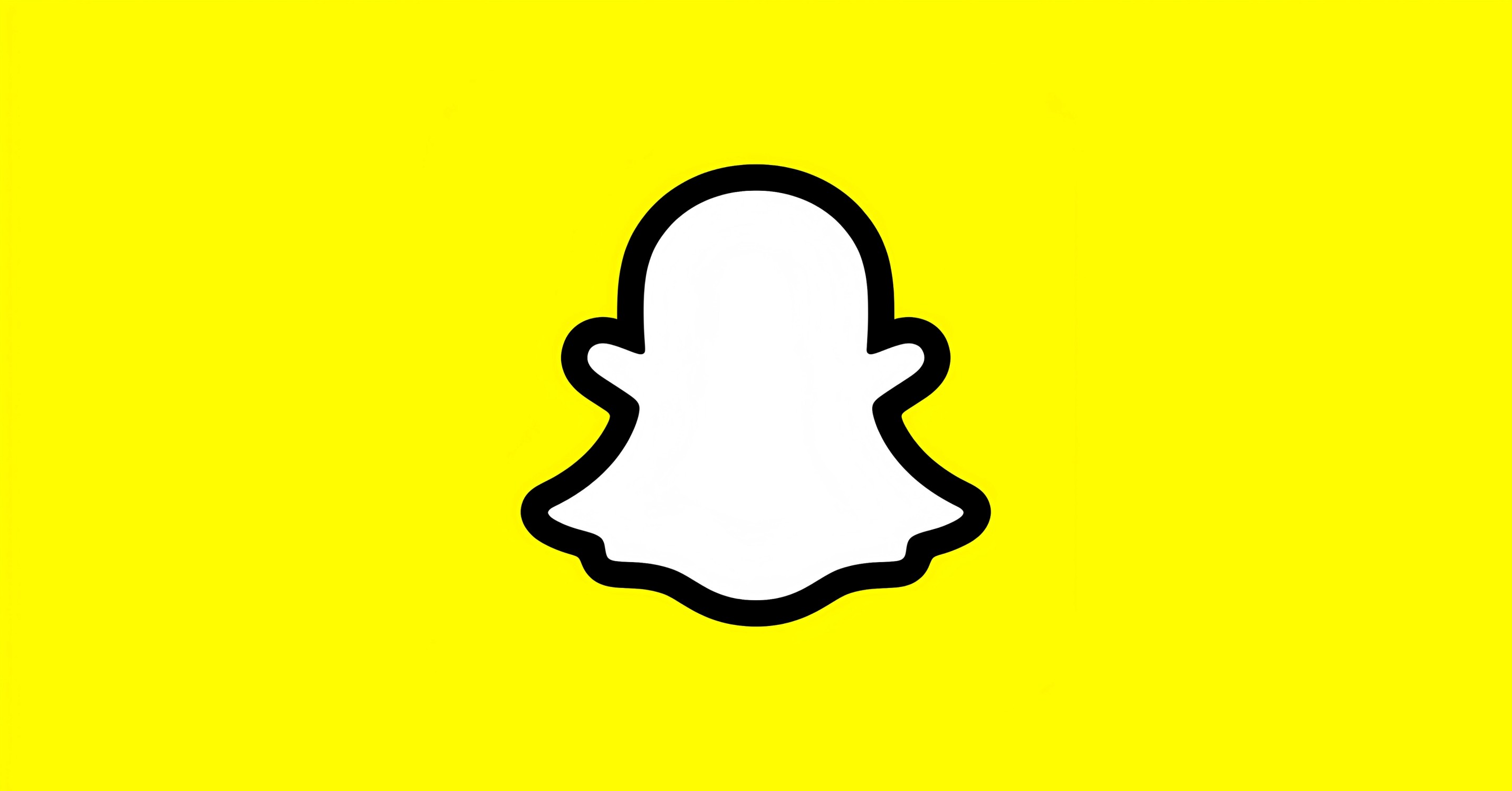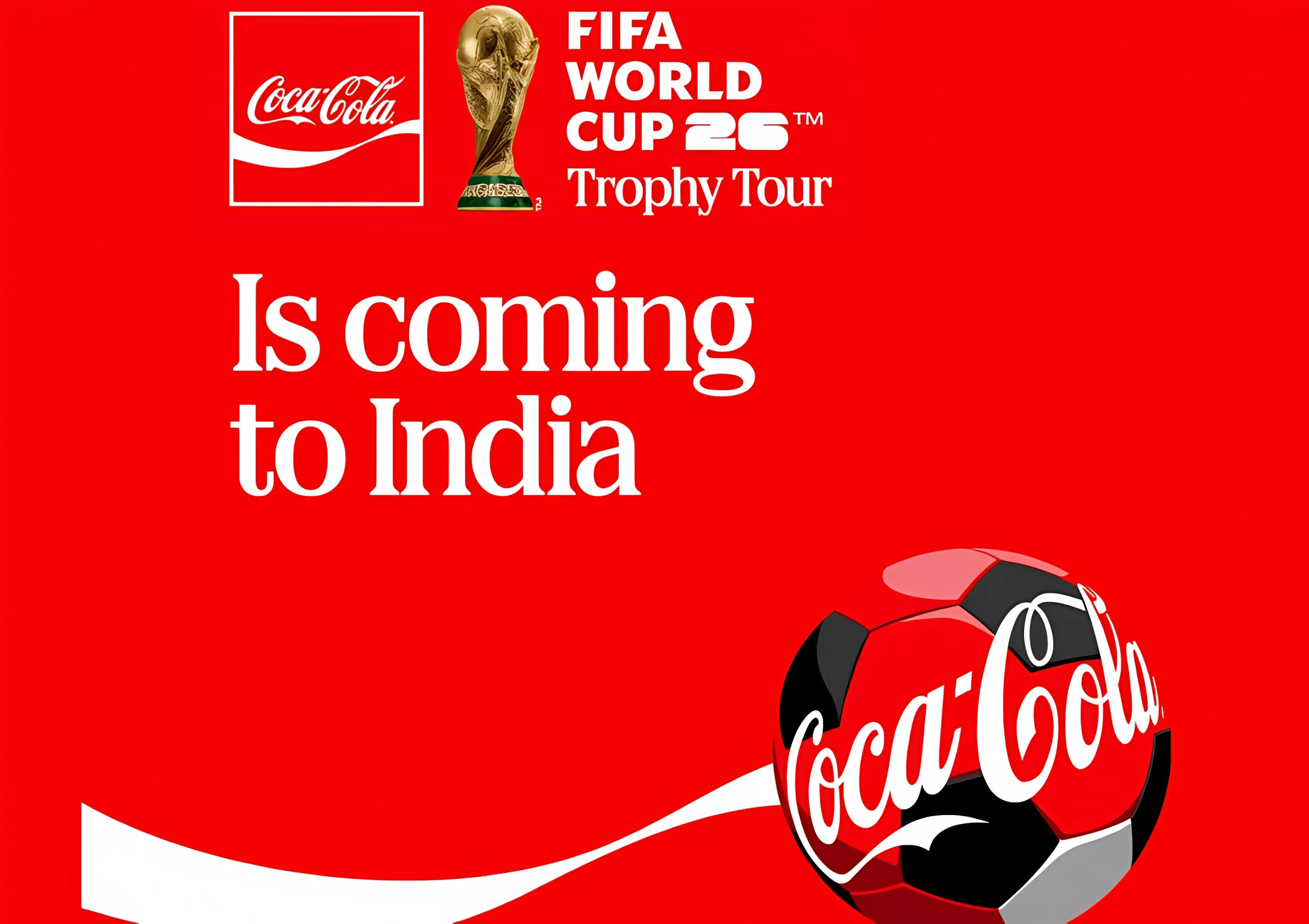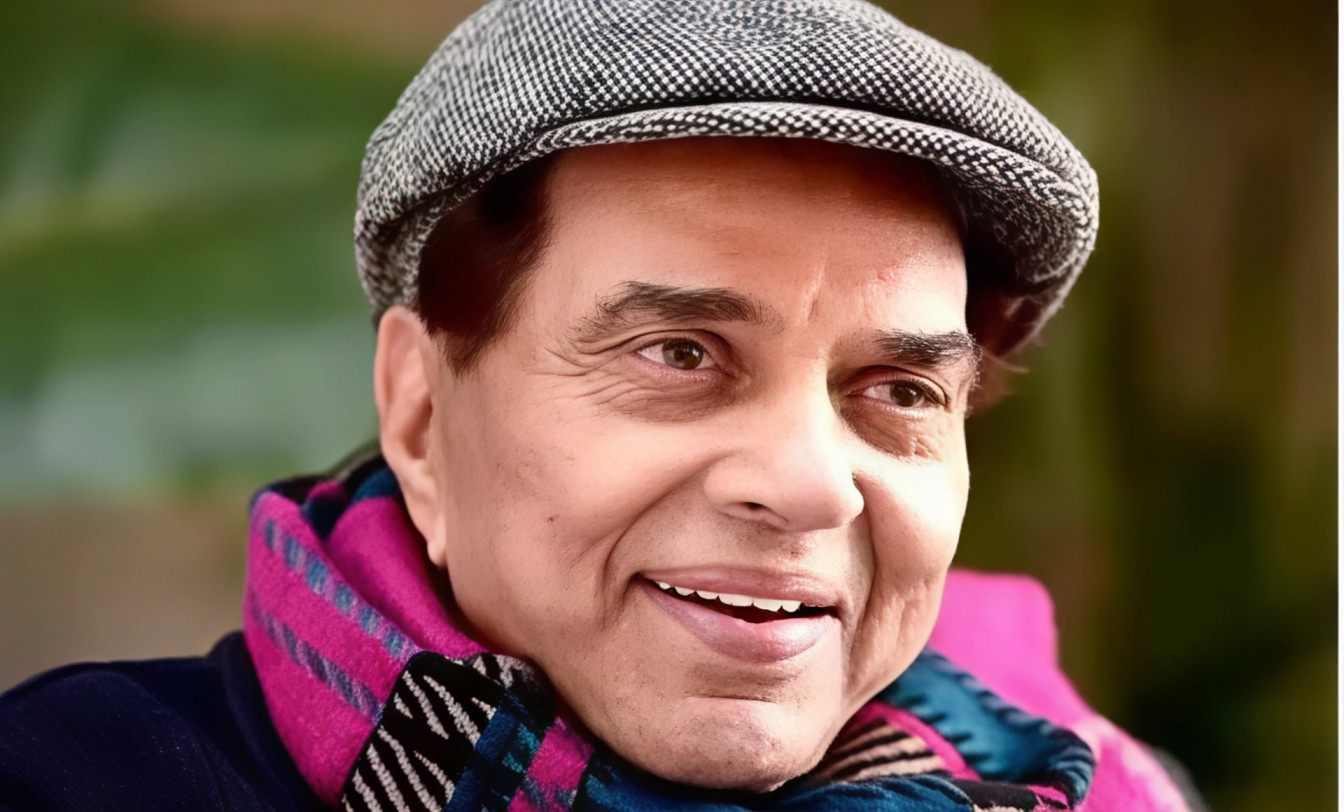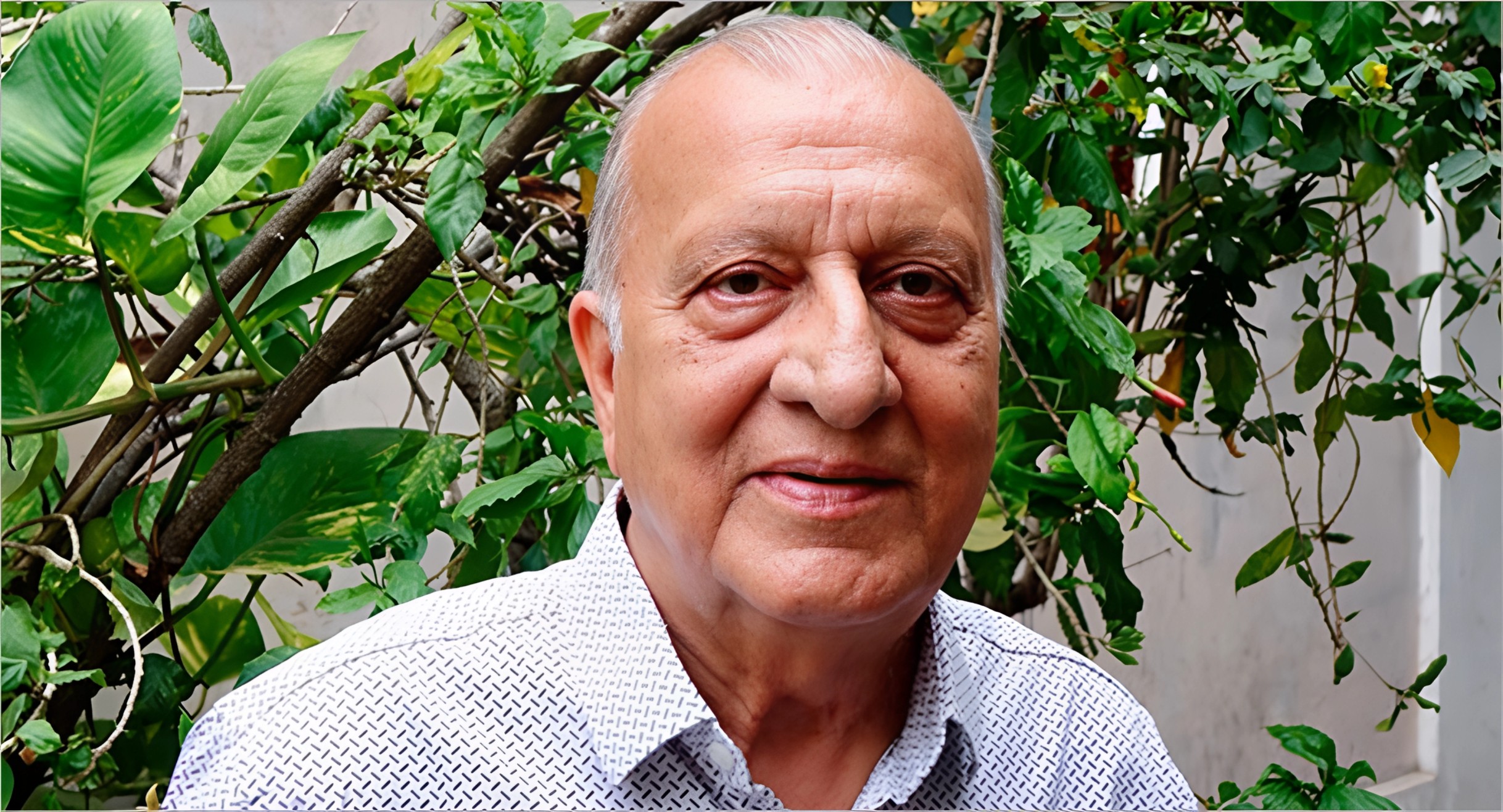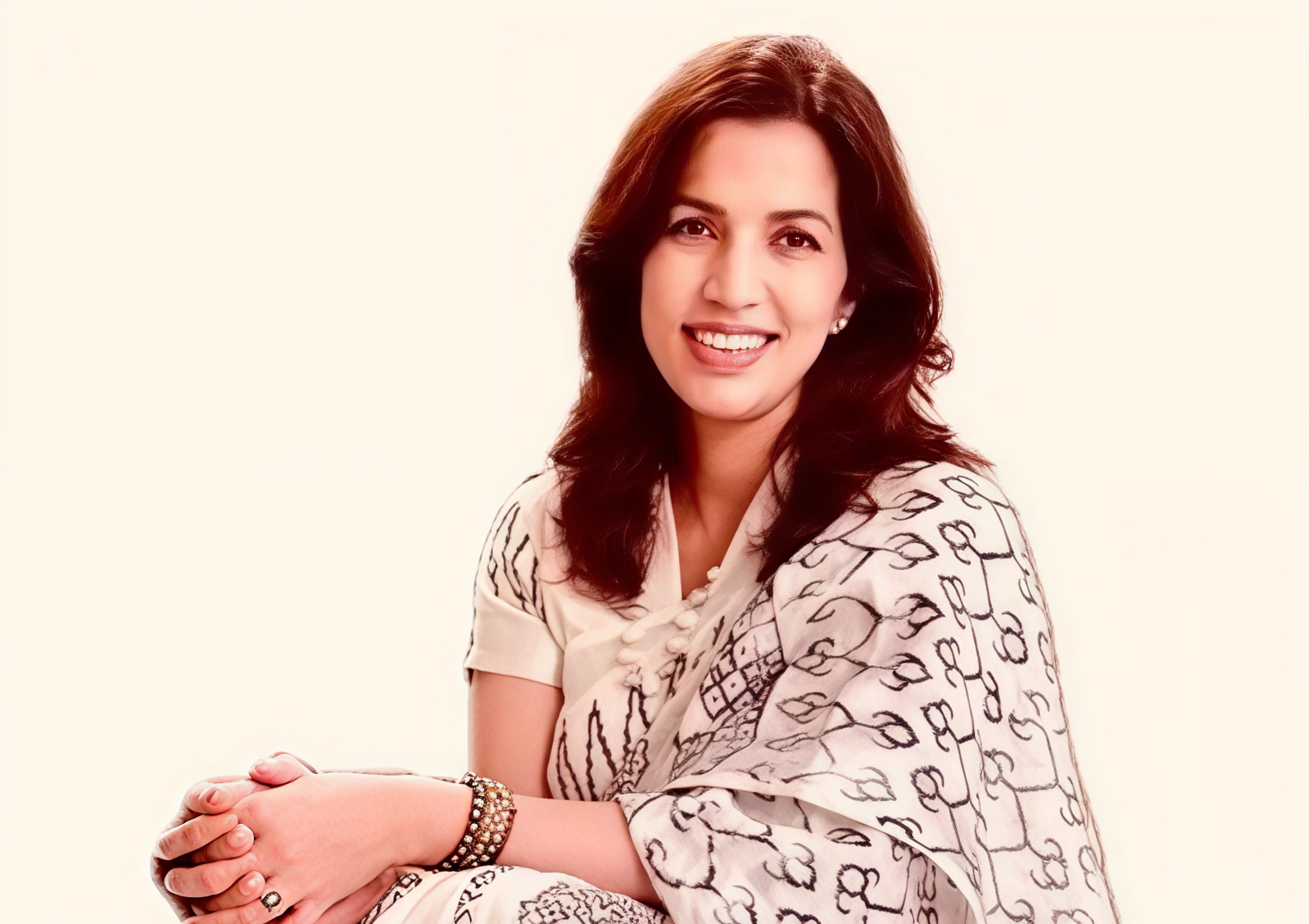In the world of marketing and branding, consistency is often treated like gospel. Style guides, tone decks, and visual templates are upheld as sacred tools of the trade. Yet, one of India’s most respected marketers, Shubhranshu Singh, recently challenged this norm with a sharp observation in his article “The Paradox of Genius” published on Storyboard18.
He writes, "Consistency is the refuge of the bore-lords."
At first glance, it feels rebellious. But look closer, and you’ll find it’s one of the most liberating ideas for creative professionals, strategists, and marketers stuck in the loop of playing it safe.
We often romanticize genius. We imagine scribbled notebooks, late-night coffee, and chaotic bursts of brilliance. But what we rarely acknowledge is the hard work beneath that chaos. Singh’s insight helps shift that lens. Genius isn’t just about unpredictability or madness. It is about the ability to combine three powerful forces: discipline, creativity, and serendipity.
Innovation does not appear from thin air. It emerges when these three come together.
Discipline gives structure to our ideas. Creativity breaks those structures apart. Serendipity connects the dots in ways we never saw coming.
We tend to idolize the messiness around genius. Think of Einstein’s disinterest in formal schooling or Steve Jobs’ erratic product development style. Their stories get retold as examples of brilliance arising from disorder. But what often gets missed is the underlying discipline, the hours of study, the relentless focus, and the inner systems that supported those external contradictions.
ADVERTISEMENT
Not all geniuses look the same either.
Artistic minds like Bob Dylan or Salvador Dalí often operate in a fluid space between logic and instinct. Their unpredictability isn’t a branding mistake. It is the brand itself. Their genius lives in their ability to shape-shift and surprise.
On the other hand, scientific and corporate minds work through depth and clarity. They see insights others miss. Sometimes, it comes from years of digging into a subject. Sometimes, it’s a stroke of luck, yes, but one that they are prepared to recognize when it comes.
Singh invites us to reflect on why, in marketing, inconsistency is often frowned upon. Is it because it confuses audiences? Or is it because it threatens our sense of control?
Marketers are trained to chase repetition. Repeat what worked. Double down on that one viral campaign. Don’t break the brand voice. Yet, in this race to remain consistent, we forget that the best ideas often come from stepping outside of what’s expected.
Think about Dove, which moved from being a soap brand to a cultural voice on real beauty. Or Zomato, which constantly reinvents its social media tone depending on the moment. Even Amul, despite decades of equity, has never let consistency dull its wit. These brands are not erratic. They are alive. Their inconsistency is thoughtful. It is rooted in clarity, but executed with courage.
ADVERTISEMENT
That’s the paradox Singh is pointing to. Inconsistency without purpose is noise. But inconsistency built on insight and courage is often where the next breakthrough lives.
The real challenge, then, is not choosing between order and chaos. It is learning how to hold both. To allow room for logic and gut. To build systems that leave space for sparks. To embrace contradiction, not fear it.
If you are a marketer who sometimes feels “off-brand” in your ideas, maybe you are not wrong. Maybe you are just ahead. As Singh reminds us, the ones who make a real dent rarely walk the straight line.
In a world obsessed with sameness, a little unpredictability might just be your sharpest edge.
So the next time your idea feels too messy or slightly off-brand, pause before you dismiss it. That spark of unpredictability might just be your breakthrough moment in disguise. As Shubhranshu Singh reminds us, true genius is not always consistent, but it is always courageous.
This perspective is inspired by Shubhranshu Singh’s thought-provoking piece published on Storyboard18.

